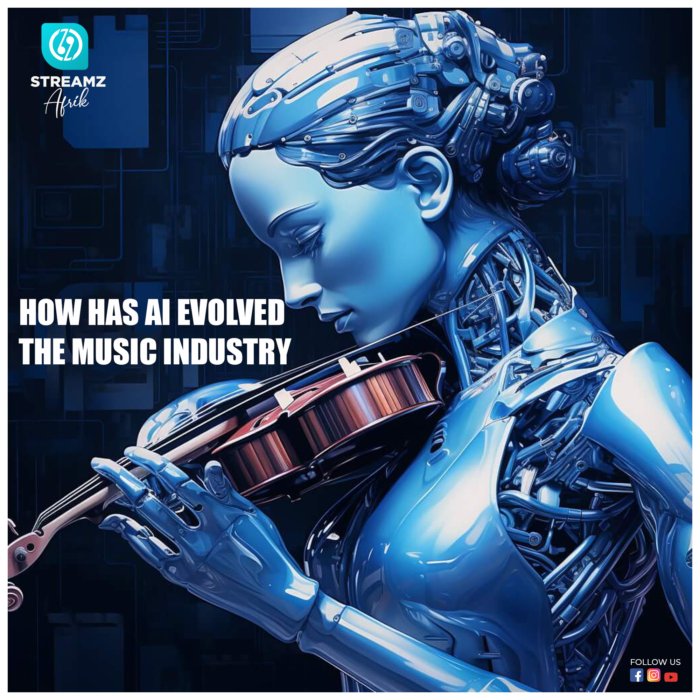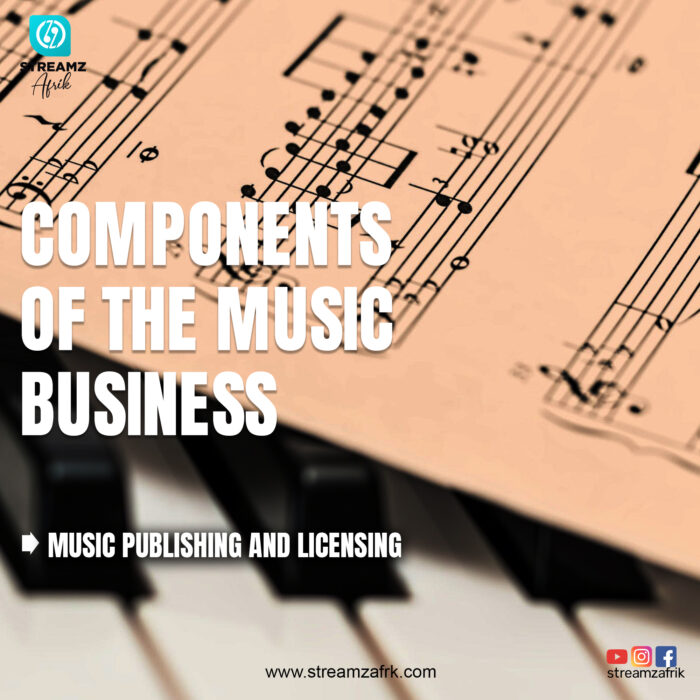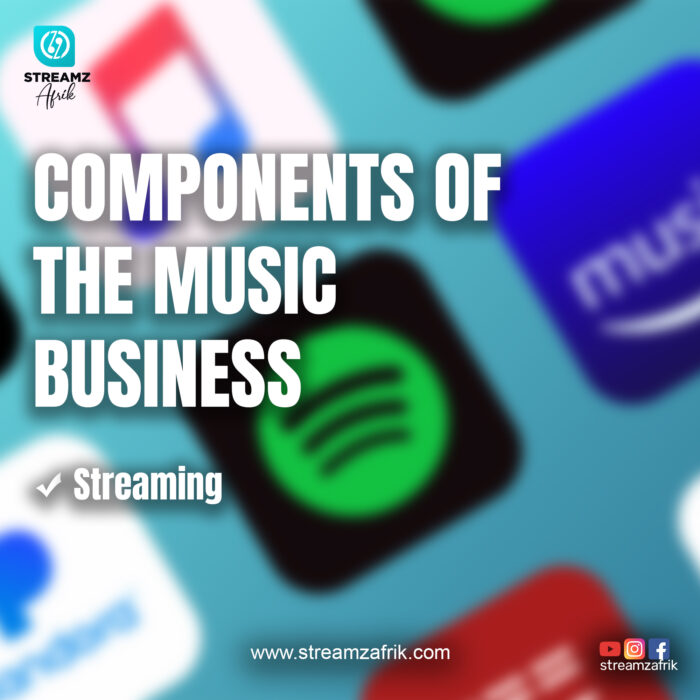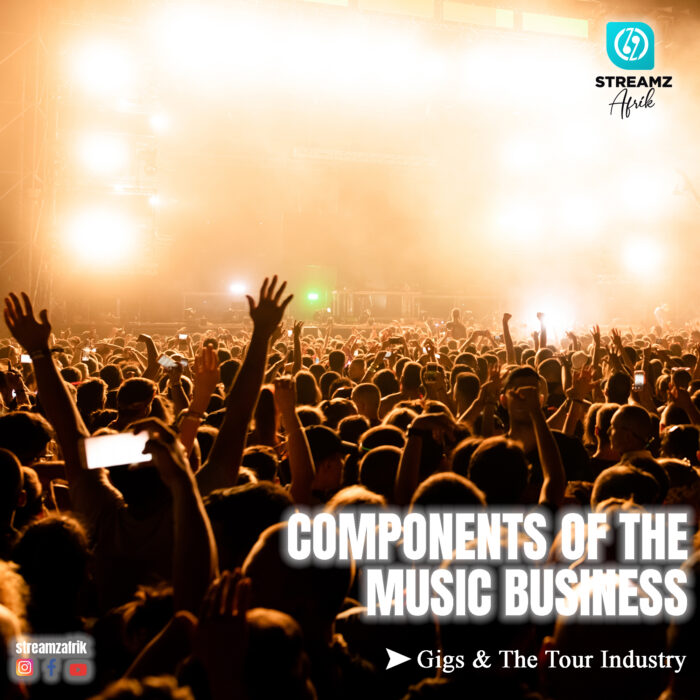From education to communication, Artificial Intelligence is revolutionizing systems and human interactions of which the music industry is no exception.
With the introduction of AI resource generating system such as Chat GPT, creative artists in the entertainment industry can retrieve and derive vast resourceful information for their research and works.
The surfacing of AI is gradually creating an independent space for Artists to produce their own music without having to pay for huge cuts to have their music produced. LANDR for instance, is one example of an AI-based mastering tool that automatically analyzes and enhances audio tracks.
With in-built A.I. search engines on streaming platforms such as Pandora, Spotify and Apple Music, these streaming platforms are able to generate personalized recommendations to a user and analyze a user’s listening history.
A.I goes further to record and retain user’s music interest and suggests songs they are likely to enjoy to them.
Further, the rapid progressive revolution of A.I. system is currently being implemented in music copyright management. This involves automated detection and management of copyright infringement online. Contextually, YouTube has an embedded A.I. tool in a form of Content ID which scans uploaded video and audio tracks for copyright infringement.
If it finds a match, it can take it down automatically or give the copyright owner the option to monetize it.
The multifaceted tasks of the A.I. functionality to the music industry are vast and unfolds many intriguing benefits as well as opportunities to the success of the music industry and art creators.
In the face of all these benefits. there’s yet one question that remains debatable, which reveals how A.I. is being used to compose music.
The question here then is: “Does the use of A.I.in music composition stand contextual to the genre of music being composed or offers a generic pattern for music composition irrespective of the genre? ”
What are your thoughts on A.I. revolutionizing the Music Industry?
Written by : Majorie Mensah Lamptey.








